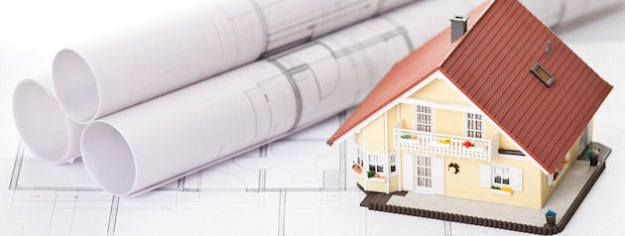If you are just starting out in property development, it is understandable that you might be nervous and apprehensive about the venture. After all, you will be dealing in large-scale projects that cost millions. And as a newbie, the task of developing saleable property can look daunting. To help you out, we list below seven tips you should keep in mind as a property developer.
1. Planning Application
You will likely be required to submit planning maps when applying for property development. In such a scenario, it is important that you use the right maps with your application. In fact, if your map turns out to be out of date or inaccurate, your application can be rejected. This will be a waste of time and money. As such, you should ensure that you submit the right maps the first time itself. And for this, you must use only a reputed mapping service. Read up on an interesting post all about digital maps before hiring a service to map the land.
2. Inspect The Title
When buying a land, make sure that you read all the details of the title to identify any statement that might pose a problem for your development. For example, check whether the title requires a third-party consent in order to build at certain locations. Do a thorough investigation into whether the title is involved in any legal disputes. You must also check if the proposed development project will affect the adjacent land in some way. All such details need to be verified in minute detail to ensure that the land title will not prove to be a major cause of concern in the future.
3. Hire A Quality Builder
The success of your development project will largely depend on the quality of the builder you hire. Meet up with multiple reputable builders in your area and check their display homes. Find out information about their past projects, their lead time, and whether they specialize in any specific property development like residential, commercial etc. This should give you an overall idea about the builder. Ideally, you should only hire a builder who has at least a 10-year history of successfully completing other development projects. There should not be any significant lulls in their project history. Instead, their history should reflect consistent work.
4. Target Customers

Have a good idea of who you are developing the project for. To be more precise, know who your target customers are. When you know the people you are selling to, you will be able to plan and complete the project in accordance with the needs of the target market. As such, there is a greater chance that you will be able to sell the development project easily. Without having a clear-cut idea of the customer base, your project will likely not achieve the success you expect.
5. Assemble The Right Team

Since property development is a huge project that will require the involvement of experts in multiple fields, it is important that you only hire well-qualified people for the job. Whether they be the site administrator, architect, attorney, or anyone else, they should have a long history of working in their respective fields. If, once your building is finished, you find yourself needing advice regarding its management, you could contact a strata expert like Michael Teys, or someone who knows about the type of property you are running, for further assistance to help ensure that those who live in your building remain happy with the arrangements you are providing them.
In addition, the team members must be able to mix well with each other. If some people do not integrate well into the team and consistently cause conflict, it is better to replace them with better team members no matter how good they are at their job.
6. Stand Out From The Rest
It is important that the property you develop stand out from your competitors. After all, if the home you offer looks and feels exactly like other developers, then there is no incentive for the prospective buyers to choose your property over others. Discuss with the lead architect and designers as to how you can make the property truly attractive. Maybe you can add in a stylish curb that will make the front of the homes look great, or maybe you can landscape the porch in a way that adds a natural beauty to the overall look of the house. Whatever you do, just make sure that a prospective customer will definitely be impressed when they visit the home.
7. Keep Cost In Check
Finally, remember to keep all costs in check. Many property developers go bust within the first few projects because of their poor cost management. Make sure that you don’t repeat such a mistake. Develop a strict budget after detailed research into the cost of each component and hire a project manager who is excellent at keeping costs under control.

